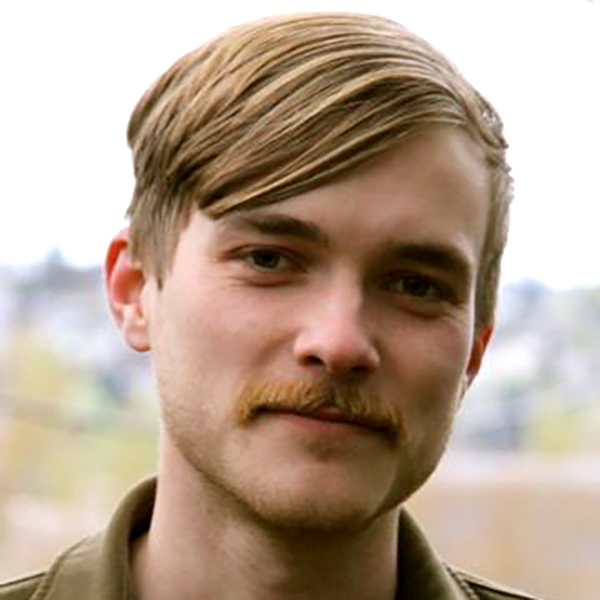
Michael Brinley is a PhD candidate at the University of Pennsylvania working on 20th century Russian and Soviet history. His dissertation, titled "Model Cities and Mobilized Citizens: Contesting Soviet Urban Growth in the Era of Developed Socialism, 1957-1985” tracks the evolution of Soviet city planning institutions in the postwar decades during a period of industrialized mass housing construction, a period when Soviet city planners and architects were given a central role in the laboratory of social development during the last decades of rapid urbanization. His research focuses on questions of citizenship, state formation, techno-politics, and expertise in the final years of rapid urbanization and it contributes to a growing understanding of Soviet socialist world-making projects and their legacies in the 21st century.
He has a forthcoming article in the Journal of the History of Ideas on the late career of structuralist linguist Roman Jakobson, during a period of frequent travel back to the Eastern bloc in the 1950s and 60s and the complicated relationship between his life and thought in a Cold War context.
Additionally, he is working on a project about late imperial Russian historiography and professionalization, illuminated through the case of the Feodor Kuz'mich legend, which posited that Tsar Alexander I had faked his death in 1825 and gone into hermitage in a remote Siberian gold mining community. Russian historians took up the political challenges of this legend in ways that reflected their own disciplinary preoccupations and that help to highlight the moral dilemmas faced by those attempting to establish "what really happened" for a growing audience of readers in a society racked by revolutionary upheavals.
